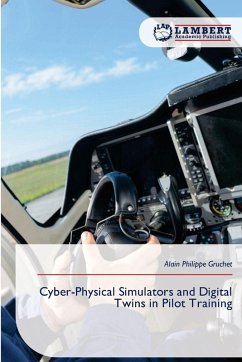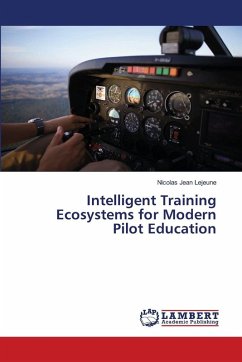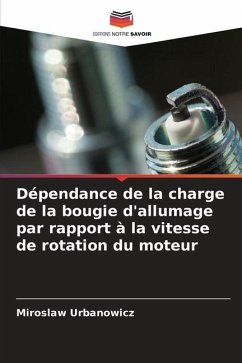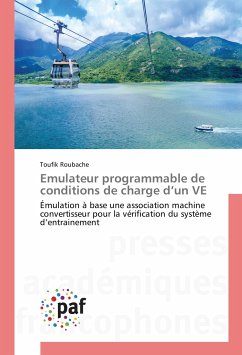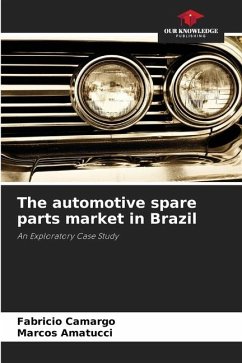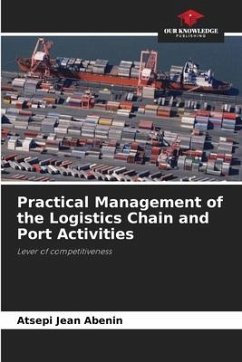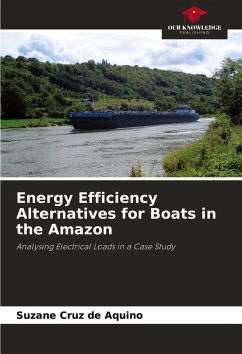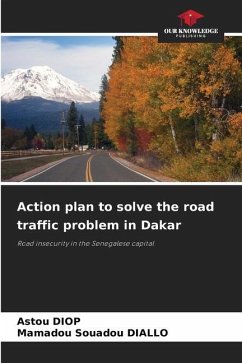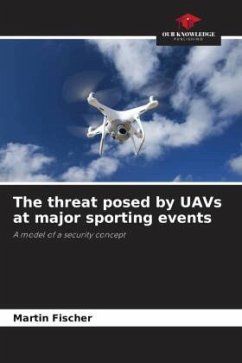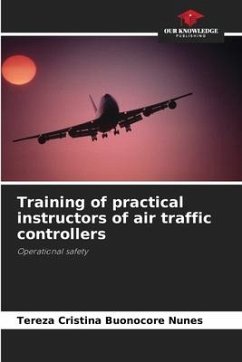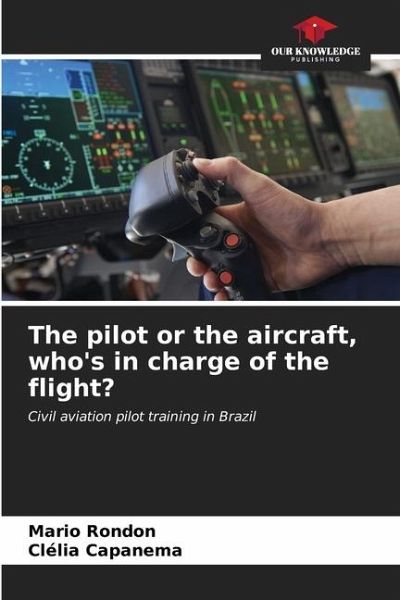
The pilot or the aircraft, who's in charge of the flight?
Civil aviation pilot training in Brazil
Versandkostenfrei!
Versandfertig in 6-10 Tagen
51,99 €
inkl. MwSt.

PAYBACK Punkte
26 °P sammeln!
In the quest for efficiency, greater economy and greater safety, the aeronautical industry, as well as the entire aviation sector, is entering a phase of major, progressive and inevitable modernisation of its equipment. The new perspectives leverage the use of technologically advanced aircraft (TAA) and demand new skills from pilots to use this automation. Different types of automation, at different levels, are requiring different forms of human-machine interaction and, as a result, new perspectives on the teaching-learning process for these pilots. There is also no point in drawing up a polic...
In the quest for efficiency, greater economy and greater safety, the aeronautical industry, as well as the entire aviation sector, is entering a phase of major, progressive and inevitable modernisation of its equipment. The new perspectives leverage the use of technologically advanced aircraft (TAA) and demand new skills from pilots to use this automation. Different types of automation, at different levels, are requiring different forms of human-machine interaction and, as a result, new perspectives on the teaching-learning process for these pilots. There is also no point in drawing up a policy with broad, complex and modern concepts if its proposals are not made operational. A new educational paradigm deserves attention for the training of these pilots.



